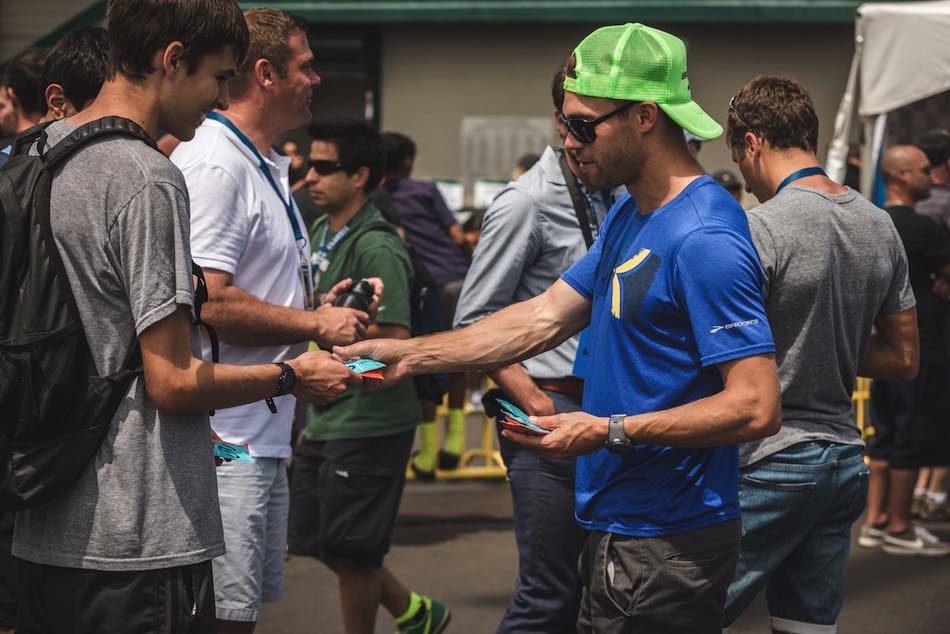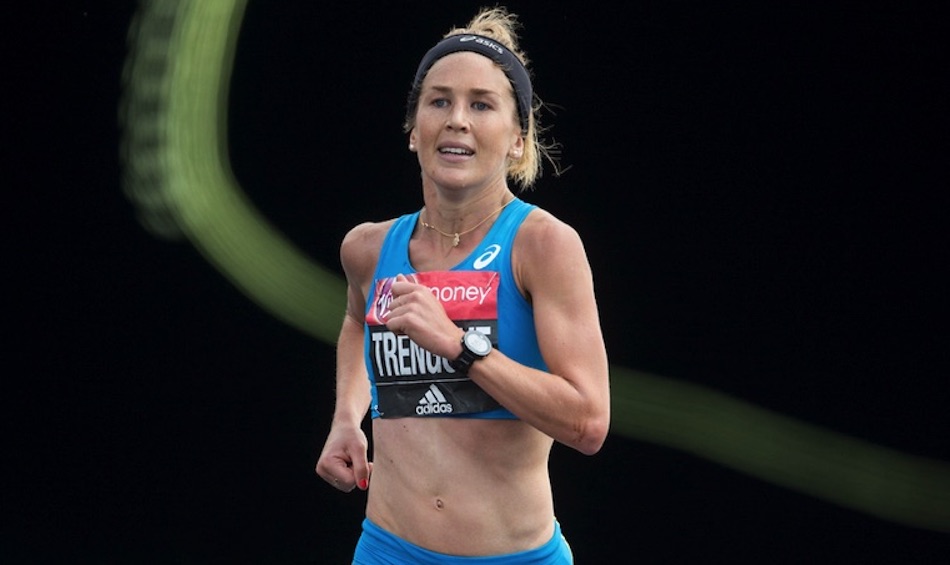By Amity Delaney with Runner’s Tribe
Balancing an elite-level training program with a job that enables athletes to support themselves and their running career is a difficult task. Most regular full-time workers who aren’t even athletes find it difficult to fit in an exercise regime, let alone elite athletes who require extensive hours to complete their training programs. Full-time work and training are both exhausting tasks, running the risk of burning out athletes both mentally and physically. In the particular case of distance runners, they often do not receive enough funding or sponsorship to allow them to pay for living expenses without a full-time/part-time job, therefore forcing them to maintain a difficult work-life-training balance.

However, whilst it is a difficult task, there are many elite-level athletes that juggle both full-time work and an extensive training program, and have recorded impressive successes in elite-level races. Lisa Weightman works full time and balances a marathon training load and family life highly effectively. Jessica Trengove (read Jess’s latest RT feature here) Nick Symmonds (read Nick’s latest interview with RT here), Alexi Pappas (read Alexi’s interview with RT here) and Ben St Lawrence (Run Crew) are some successful examples of elite-level athletes founding their own business. The above interviews are well worth a read and explore their successes in depth.
There are also other elite athletes who work part-time, to supplement sponsorship funds. For example, Melissa Breen works part-time as a coach whilst simultaneously completing a full training program each week.
Some businesses such as Athletes Biz and Runner’s Tribe are constantly finding ways to help supplement athletes income.
Being an ‘athletepreneur’ is a difficult task for runners because more often than not training needs to be the main focus. This necessary focus on training and competition means that athletes struggle to find the time and motivation to carry out full-time work effectively. If the athlete is in a typical job, this means that they can either sacrifice advances in their working career, or their athletics career by trying to juggle both tasks. If you’re looking for tips on how to use this approach, www.discovery.uk.com have come up with a handy guide that can help you get the most exercise during your daily working life – check it out at the bottom of this page. For most everyday people, training takes the outside focus to work, whereas elite athletes need to make training their priority.

In terms of entrepreneurial business, athletes can use social media to boost their profiles and attract attention. Social media is an effective marketing tool which can garner a greater fan base, and allow the business to succeed. Also, maintaining good relationships with employers and the company athletes work at can help distance runners to foster a flexible working schedule which can allow more time to fit in training.
Juggling training and full-time work as an ‘athletepreneur’ can be an exhausting task. Most people in full-time work struggle to balance work, life, family and exercise, let alone an extensive training program. For most athletes, this lifestyle requires getting up early before work, perhaps as early as 4 or 5am and also sometimes adding in extra mileage or other types of training after the 9-5 workday. This is incredibly draining on athletes who already require more sleep than the average person to ensure effective recovery and optimal performance. It also makes it more difficult for athletes to maintain a social life and sustain other activities/hobbies outside of training and work.

Unfortunately, for most training and racing in running does not pay the bills. This requires many elite runners to be ‘athletepreneurs’. Many athletes are now creating their own successful careers in entrepreneurial businesses and are currently inspiring others to follow.
Click here to visit the Runner’s Tribe ‘Athletepreneur’ section ‘HELPING ATHLETES GET PAID’ by doing what they love.
Article sources:
https://www.flexiworkforce.com/5-sports-professionals-who-work-flexibly-while-training


